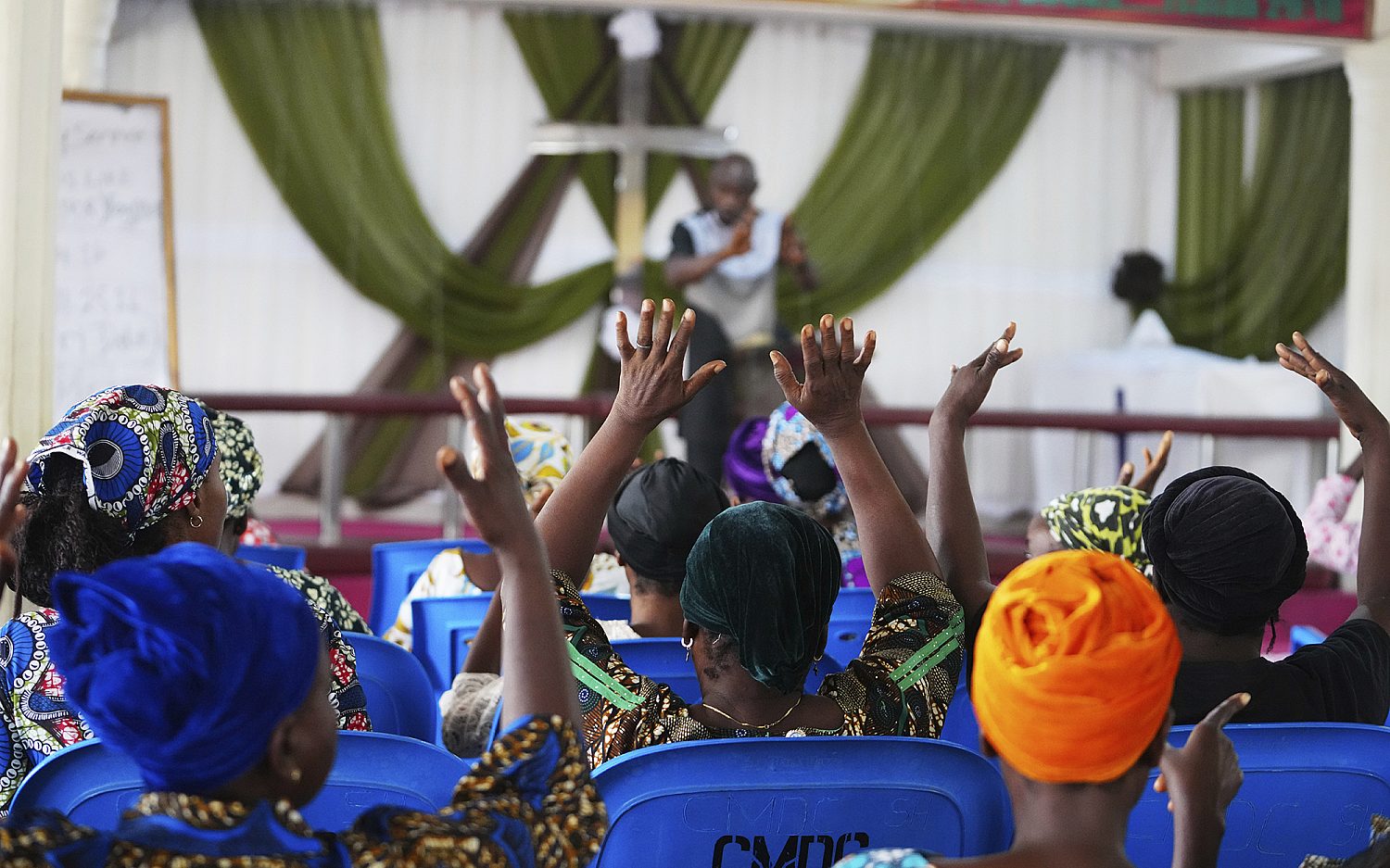No more nice guys
A spoiled U.S.
BETHLEHEM-Jad Isaac has one message for Washington: "Please don't tell Obama to visit us. The Israelis are too full of reception gifts for the Americans."
According to Isaac, Israel announced the construction of 126 housing units in the West Bank on the eve of a recent visit by U.S. special envoy George Mitchell, and 500 more when Secretary of State Hillary Clinton later came to town.
If the stunning announcement by Israel during Vice President Joe Biden's diplomatic mission here this week-that it will build 1,600 homes in East Jerusalem-was the "slap heard round the world," in Bethlehem it landed like a dagger.
Since the formal handover of West Bank territories to the Palestinian Authority (PA) in 2005, Bethlehem, too little to be numbered among the clans of Judah, has been cut off from the capital. A security wall built by Israel after suicide bombers took refuge here in 2002 runs directly into town, with one of its corner observation towers only two blocks from the five-star hotel where Biden met with PA President Mahmoud Abbas Wednesday.
Checkpoints outside the city make it impossible for Bethlehem residents who don't have Israeli citizenship-including most of the city's Christian residents-to travel to Jerusalem, the capital and less than 15 miles away. To apply for a travel permit, they must go to an Israeli court and often wait many months.
Those residents have watched across the valley as Israeli settlements have crept closer and closer, filling the hillsides east and south of Jerusalem with multi-family limestone apartment blocs. Meanwhile, Bethlehem has nowhere to grow. It is becoming a ghetto, said Isaac, who heads the Applied Research Institute here and is an Arab Christian, with residents lacking freedom of movement and facing economic restrictions. Postal service, for instance, is limited: Anything larger than a letter has to be trucked to Jerusalem through the checkpoints at additional expense before it can be shipped.
"It's the first time in history that Jerusalem and Bethlehem have been segregated," said Isaac.
The diplomatic dispute notably does not take into account Israel's historic Christian population, which has one of its largest enclaves in Bethlehem and the surrounding towns. Christian residents are by now used to the squeeze between Jewish and Muslim interests but find themselves under the fragile control of the PA, led here by Abbas' Fatah, a party widely regarded as secular Muslim but with increasing ties to Islamic extremists.
In 2005 Fatah permitted the construction of a mosque directly across Manger Square from the Church of the Nativity, the historic site of Jesus' birth. The muezzin's call to prayer from its minaret now rings out across the stone-laid square five times a day. On Christmas, Christian pilgrims to the site find the square filled with Muslim men prostrated in the open on prayer rugs outside the mosque.
Biden did not visit the church site during a stopover in Bethlehem, accompanied by Mitchell. The two met behind closed doors with the Palestinian leader and his prime minister, Salam Fayad, before Biden left for Jordan.
The vice president's visit had been largely aimed at repairing U.S.-Israeli ties strained over the very issue-settlements-that spiked the diplomatic row: Palestinians and the United States consider Jewish settlements built on lands claimed by the Palestinians to be obstacles to peace. And Israeli Prime Minister Benjamin Netanyahu came into office last year saying he had "no intention" of building new settlements in the West Bank.
The announcement of 1,600 new units left Biden flat-footed, and made plain the Obama administration's lack of focus on Middle East peace. Biden condemned the Israeli announcement and pointedly arrived 90 minutes late to a dinner with Netanyahu. But that didn't stop Abbas from rebuking the United States over its support for Israel during a joint press statement with Biden, who stood just feet away, in Ramallah earlier on Wednesday.
Israel's oblique response-that Netanyahu himself was blindsided by the settlement announcement-didn't help. Said Interior Minister Eli Yishai, whose office ordered the new homes, "I am very sorry for the embarrassment. . . . Next time we need to take timing into account." That only reinforced the idea that there will in fact be a "next time." With reporting by the Associated Press in Ramallah.
An actual newsletter worth subscribing to instead of just a collection of links. —Adam
Sign up to receive The Sift email newsletter each weekday morning for the latest headlines from WORLD’s breaking news team.





Please wait while we load the latest comments...
Comments
Please register, subscribe, or log in to comment on this article.